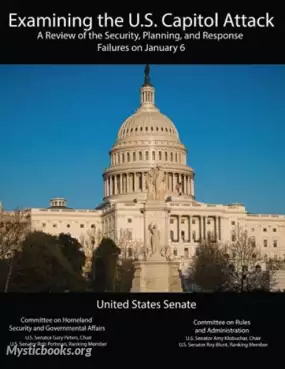United States Senate
The United States Senate is the upper chamber of the United States Congress, with the House of Representatives being the lower chamber. Together they compose the national bicameral legislature of the United States.
The composition and powers of the Senate are established by Article One of the United States Constitution. The Senate is composed of senators, each of whom represents a single state in its entirety. Each of the 50 states is equally represented by two senators who serve staggered terms of six years, for a total of 100 senators. The vice president of the United States serves as presiding officer and president of the Senate by virtue of that office, and has a vote only if the senators are equally divided. In the vice president's absence, the president pro tempore, who is traditionally the senior member of the party holding a majority of seats, presides over the Senate.
The drafters of the Constitution created a bicameral Congress primarily as a compromise between those who felt that each state, since it was sovereign, should be equally represented, and those who felt the legislature must directly represent the people, as the House of Commons did in Great Britain. This idea of having one chamber represent people equally, while the other gives equal representation to states regardless of population, was known as the Connecticut Compromise. There was also a desire to have two Houses that could act as an internal check on each other. One was intended to be a "People's House" directly elected by the people, and with short terms obliging the representatives to remain close to their constituents. The other was intended to represent the states to such extent as they retained their sovereignty except for the powers expressly delegated to the national government. The Constitution provides that the approval of both chambers is necessary for the passage of legislation.
Books by United States Senate

Examining the U.S. Capitol Attack
A joint bipartisan report by the U.S. Senate Committees on Homeland Security and Rules and Administration, addressing security, planning, and response by the U.S. Capitol Police, the Capitol Police Board, the FBI, and Departments of Homeland Security...
